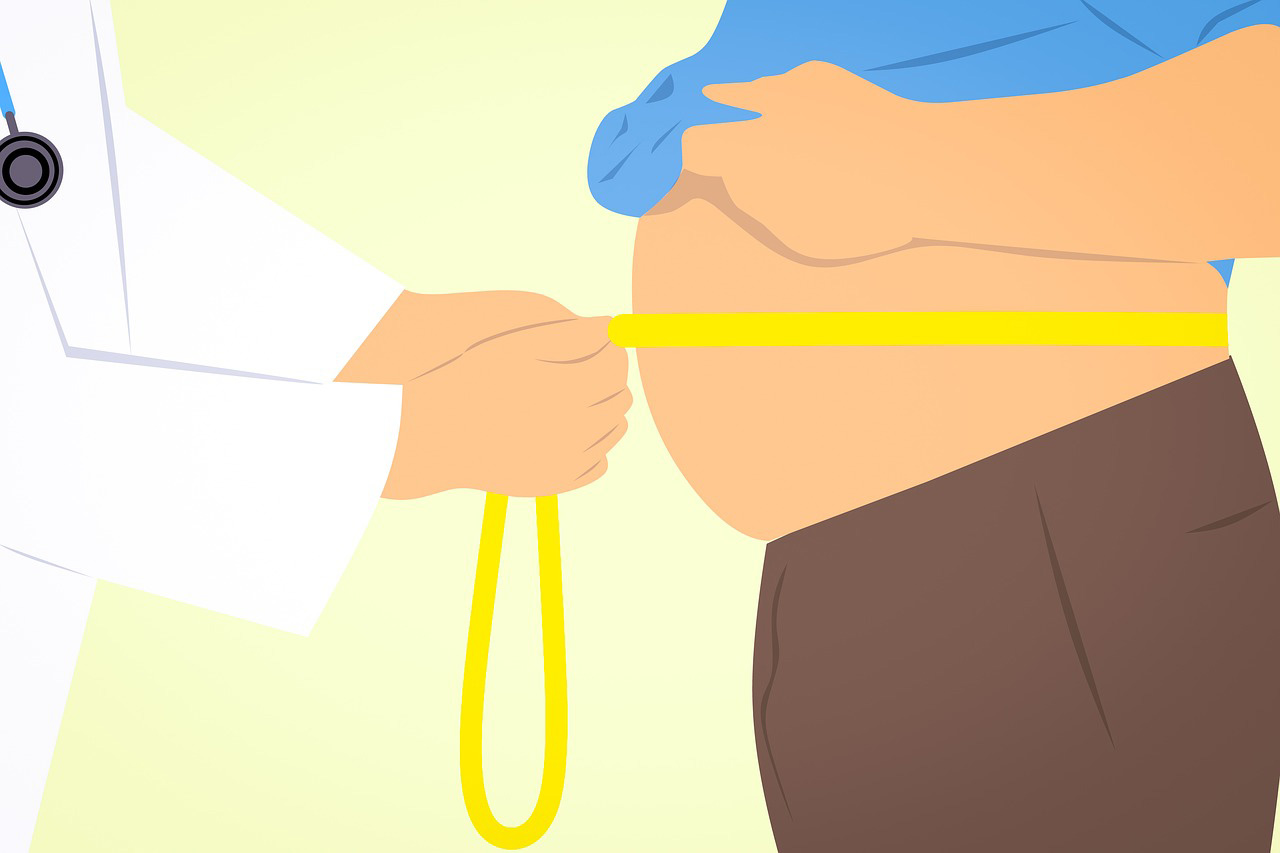Health Effects And Treatment Of Binge Eating Disorder
Published on February 28th, 2024

People who binge eat tend to have an unhealthy relationship with food. This means they do not see food as only fuel and the occasional treat. People who binge eat use food as comfort for emotional distress. They may also use it as a means of punishment or a means to manage their personal frustrations.
With a pattern of eating, people who suffer from binge eating disorder place themselves at risk of many lifestyle and health consequences. They may struggle mentally, emotionally, and physically. If left untreated, binge eating disorder can also have a severe impact on the body and cause many medical issues.
Binge eating disorder is considered a mental health condition. This means that treatment and recovery programs have been developed to help people who binge eat. These resources are available to people because if left untreated, people with binge eating disorder are left suffering.
Sponsored by

Choose a therapist to work with and start healing with 20% off from BetterHelp.
Click HereIf binge eating disorder is left untreated, it has the potential to have some devastating effects on the affected person’s overall health. Binge eating disorder can either stem from or create serious mental health consequences. It will also cause significant medical consequences. These consequences can impact the affected person’s quality of life.
Lifestyle and health consequences that can impact a person with binge eating disorder include:

Poor Mental Health
A person with binge eating disorder is at risk of suffering from depression or an anxiety disorder. This is because a person with binge eating disorder may also suffer from:
- Low self-esteem
- Criticism from others
- Negative self-talk
- Behavioral changes
- Personality changes
- Relationship issues
- Issues with body image
A key reason why mental health is affected by binge eating disorder is that binge eating is an unhealthy method of coping with hurt feelings. People with binge eating disorder mask their emotions and hide away from family and friends. Instead of seeking comfort from loved ones, they turn to food for comfort. In such cases, an affected person may also struggle to control their anger or frustration with themselves. If left unaddressed, this can lead to different forms of self-harm.
There are other mental health disorders a person may suffer from along with binge eating disorder. These mental health disorders may develop as a result of the impact that binge eating has on a person’s self-esteem. There may also be pre-existing conditions that worsen due to using binge eating as a means to cope.
The following are mental health consequences that a person with binge eating disorder may experience:
- Depression
- Bipolar disorder
- Anxiety
- Insomnia
- Irritable bowel syndrome
- Substance use disorders
Obesity and Diabetes
Binge eating disorder often leads to weight gain and obesity. Weight gain and obesity increase the risk for type II diabetes. Type II diabetes develops when high food intake affects the level of insulin in the body. This makes sugar levels difficult to control.
Type II diabetes has the potential to create devastating health consequences. Such health consequences include the risk of:
- Heart attack
- Stroke
- Permanent nerve damage
- Kidney damage
- Eye damage
Irritable Bowel Syndrome
Binge Eating Disorder can cause irritable bowel syndrome. Irritable bowel syndrome is a gastrointestinal disorder that causes:
- Abdominal pain
- Gas
- Cramping
- Bloat
- Constipation
- Diarrhea
Other Medical Issues
Binge eating disorder can lead to other serious medical consequences, like:
- High blood pressure
- High cholesterol
- Heart disease
- Stroke
- Vision problems
- Heart attack
- Cardiovascular issues
Binge eating has major effects on an affected person’s overall health. The consequences that an affected person experiences are serious, and often require medical attention. The chances of suffering from a medical consequence worsen the longer the binge-eating behavior is not addressed by a mental health professional or medical professional.

Treatment Options For Binge Eating Disorder
Binge eating disorder is difficult to manage, but with the help of medical and mental health services, it is possible to regain control of your life. It is hard to learn how to stop binge eating on your own, so it is important to seek professional counseling if you are struggling. Resources have become available to those who are struggling to control their binge eating.
When a person with binge eating disorder enters treatment, they will develop a plan for recovery with a mental health professional or their primary doctor. They may be referred to the following methods of treatment:
- Individual counseling
- Group counseling
- Medical care
- Psychiatric care
- Nutrition counseling
The 3 main areas of treatment for binge eating disorder include:
1. Mental Health Treatment
Therapy is an important part of recovery from binge eating disorder. In therapy, a person can learn about why their condition developed. They also learn healthier methods of coping, along with learning how to manage cravings.
The following are types of therapy that may be used to treat binge eating disorder:
- Cognitive-behavioral therapy (CBT) helps with learning coping strategies to help the affected person regain a sense of control over their eating and cravings.
- Dialectical behavioral therapy (DBT) helps the affected person understand their emotions and how they contribute to their binge eating. DBT also helps an affected person learn stress tolerance skills.
- Interpersonal therapy (IPT) helps the affected person find the deeper issue that is influencing the need to binge eat. One identified a therapist helps the affected person confront the issue and find healthier methods of coping.
A person in treatment for binge eating disorder may also be referred to support programs. This may include group therapy or community programs like Eater’s Anonymous. Group support programs can be helpful by making the affected person not feel alone in their struggles. In group support programs, everyone is suffering from similar issues. They can support each other in a way that others without the issues may not be able to understand. They can offer insight and suggestions on how to best maintain their recovery, and encouragement to continue to work toward a healthier lifestyle.
2. Physical Health and Medical Treatment
While in treatment for binge eating disorder, it helps to consult with a doctor as well as seek therapy. A doctor can help in addressing issues that are impacting the affected person’s medical health and physical health.
A primary doctor may prescribe medication to suppress appetite as the affected person learns healthier ways to cope. They will also address the medical consequences that may have developed as a result of binge eating and weight gain.
3. Nutritional Counseling
Changes to diet and exercise will be crucial for the treatment of binge eating disorder. It is important to learn how to make healthier food choices and control portions. Nutritional counseling helps by teaching an affected person how binge eating affects their quality of life. It will also help by teaching eating and weight management skills that promote a healthy lifestyle. These skills will prevent symptomatic behaviors from growing and educate the affected person on how to stay healthy.
Sponsored by

Find an affordable therapist online with 20% off from BetterHelp.
Click Here






Leave A Reply